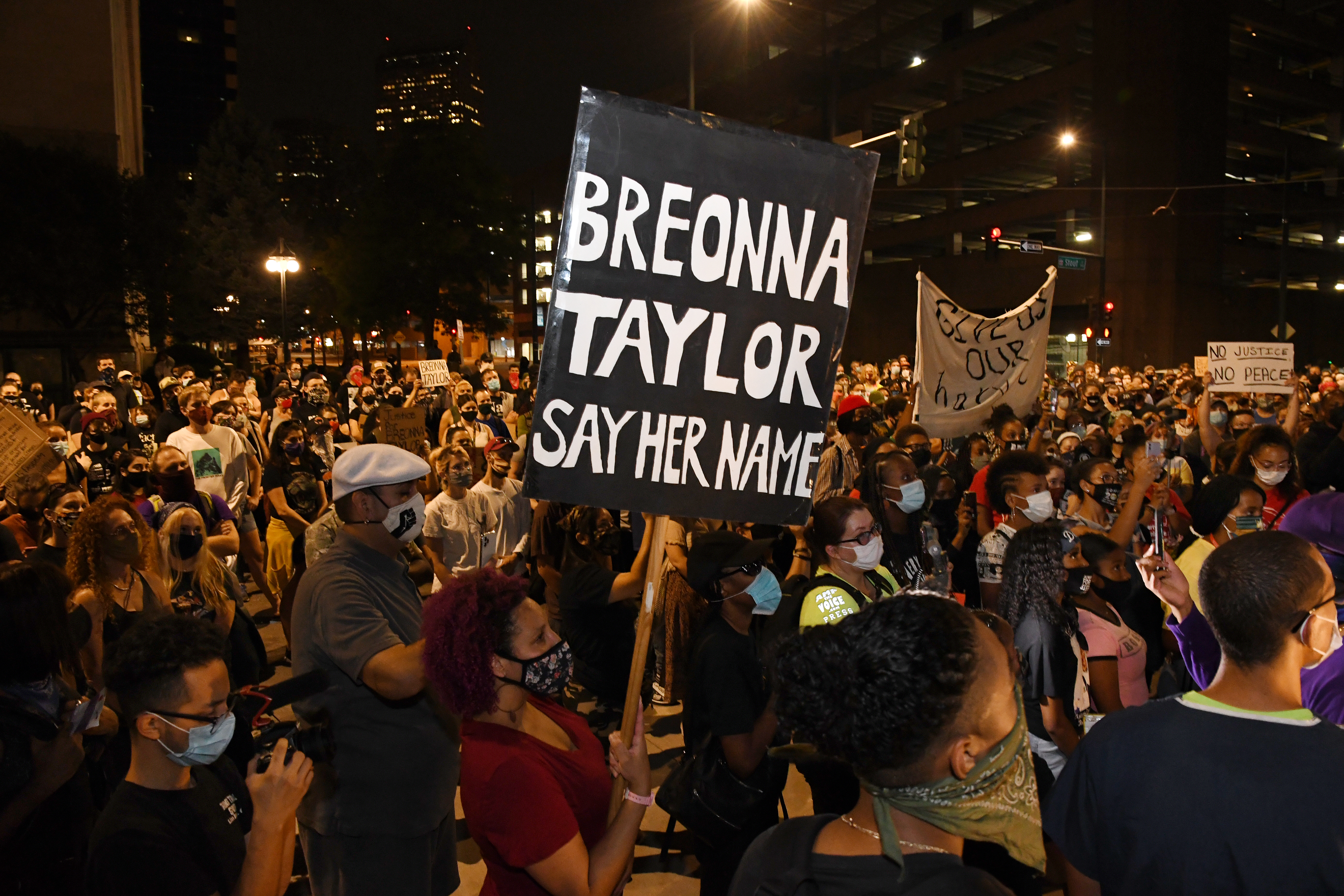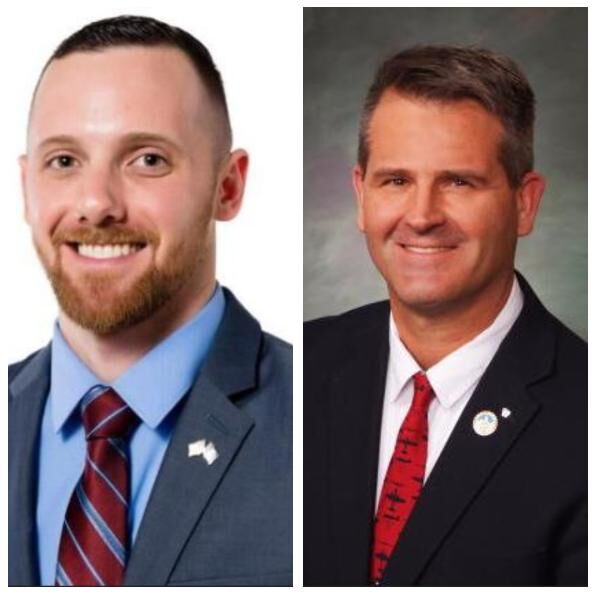Restrictions on no-knock search warrants pass Colorado legislature

Three years ago, Breonna Taylor was fatally shot in her Kentucky apartment by police executing a no-knock warrant for her ex-boyfriend. Taylor’s death inspired national outrage and debate on the use of search warrants that allow police to forcibly enter people’s homes without warning.
Colorado lawmakers are now tackling the issue with Senate Bill 254.
If made law, the bill would only allow courts to authorize no-knock warrants if there is a credible threat to a person’s life, in addition to restricting other kinds of warrants. The state legislature gave final approval to the bill on Tuesday, sending it to the governor for final consideration.
“Executing no-knock or knock-and-announce warrants can be extremely dangerous for both law enforcement and the subject of the warrant,” said bill sponsor Sen. Rhonda Fields, D-Aurora. “This bill will put important guardrails around the use of these tactics, and help ensure avoidable tragedies like the killing of Breonna Taylor never happen in Colorado.”
For knock-and-announce warrants, the bill would require law enforcement to: identify themselves as law enforcement; wear a uniform or badge; wear an activated body camera; wait a reasonable time before forcibly entering; and, execute the warrant between 7 a.m. and 7 p.m., unless otherwise authorized by a judge. These restrictions wouldn’t apply in emergency situations.
SB 254 passed the House Tuesday in a 42-23 vote, following the Senate’s 27-7 passage last month.
The bill received bipartisan support and opposition, though the votes hewed largely along party lines, with most Democrats voting “yes” and Republicans voting “no.” Between both chambers, five Democrats voted against the bill and five Republicans voted in favor of it.
Some critics said it would take away a necessary tool from law enforcement, arguing that no-knock warrants allow officers to catch suspected criminals off-guard before they can arm themselves or dispose of evidence.
“It’s an officer safety issue,” said Sen. Perry Will, R-New Castle, who voted against the bill. “I don’t know how many others in this room have worn a badge and executed search warrants. I’ve done that in my career many, many times. … If it’s really bad individuals, you really need that element of surprise.”
Proponents countered that preserving evidence is not worth risking lives, and no-knocks can often result in residents shooting at officers because they are unaware that they are law enforcement. This happened in the Taylor case, in which her boyfriend shot an officer and called 911 when law enforcement broke down the apartment door, thinking the officers were intruders.
At least 22 people were killed by police during the execution of no-knock warrants throughout the country from 2015 to 2022, The Washington Post reported. In one case, an officer was also killed.
“The bill is designed with the purpose of officer and law enforcement safety,” Fields said. “We want to make sure that if you are going to execute a search warrant, that we want to keep everyone safe.”
Other opponents of the bill argued that it is unnecessary. Rep. Gabe Evans, R-Fort Lupton, a former law enforcement officer, said no-knock warrants are rarely used and most law enforcement agencies follow the bulk of the bill’s other requirements anyway.
“I have no problem with the policies. It’s the message that it sends,” said Evans, who voted against the bill. “It makes law enforcement feel like they are not trusted to be able to make good decisions.”
On the other side of the political spectrum, Democrats who opposed the bill seemingly did so because they believe it does not go far enough.
Bill sponsor Rep. Elisabeth Epps, D-Denver, alluded to this herself, saying if she was not sponsoring the bill, she might not have voted in favor of it because it lacks an enforcement provision.
“This bill doesn’t reflect what this body can and should do,” Epps said. “Have you ever heard of law enforcement asking to criminalize a behavior and saying, ‘We want to make it against the rules, but there will be no penalty, no consequence, no fine, no punishment’? It hasn’t happened.”
But proponents of the bill argued that it struck the right balance, evident by it receiving any bipartisan support at all.
Fields and other lawmakers have been working to address no-knock warrants for years. In 2021, the legislature passed a bill sponsored by Fields, requiring a study group to look into the use of no-knock warrants and forced entry.
The group – consisting of law enforcement, lawmakers, attorneys and advocates – concluded that no-knock warrants are “undesirable and should be avoided,” calling them dangerous for both residents and law enforcement officers and recommending their use be minimized “to the greatest extent possible.”
SB 254 largely aligns with the group’s recommendations.
“This is a bill that deals with the intersection between personal privacy and public safety,” said Sen. Bob Gardner, R-Colorado Springs, who voted for the bill. “Finding the right balance is not easy, and the sponsors have done that.”
The bill will be sent to Gov. Jared Polis in the coming days. If signed, it will go into effect immediately.
States including Florida, Oregon, Connecticut and Virginia have fully banned no-knock warrants, while many other states only allow them in certain circumstances. In 2020, Aurora became the first city in Colorado to ban no-knock warrants.













